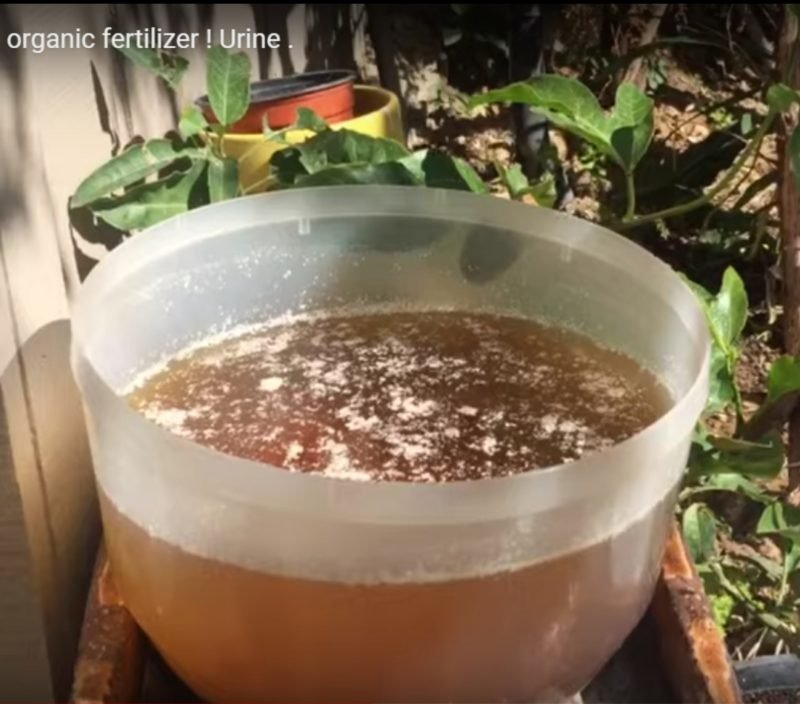Human Urine has Become Gold to Ugandans, Especially the Agriculturalists, as an organic fertilizer.
Most land in Uganda has become infertile due to overuse and scarcity of fertilizers. ASGO works to create fertility by using urine fertilizer for food production. The initiative will resolve food shortages. Therefore, it will provide Ugandans with a better economic welfare. Two years ago, ASGO began training volunteers. Consequently, it now has 9,800 enrolled individuals who provide urine.
The Ugandan economy depends on agricultural production. However, the future of agriculture is under threat from mass soil infertility. There is now a remedy for an organization of scientists, and society is working together to evaluate it. Moses Rwamahe Barigye heads the African Science Graduates Organization (ASGO). He believes the secret to fertile land in Uganda lies in human urine. ASGO is a team of analysts and farmers who introduced the project of collecting this fertilizer from Ugandans in July 2019. They expect to restore regional soil infertility.
Barigye says the group had been planning the project for 18 years. They trained 700 researchers and thousands of other people who are now supplying the urine. ASGO manages a collection of services in 78 districts and has a 7,000-acre holding of land.
According to a 2018 World Bank Group survey, the agricultural industry recruits around 70% of the workforce. It accounts for more than half of all exports and a quarter of the nation’s GDP. ASGO specialists say human urine is an evident answer. Urine is rich in nutrients, free and available, yet people underuse it as manure. Several studies have shown this human fertilizer enhances soil quality and crop production.
The organization receives about 20,000 liters of urine per month. There are about 130,000 liters in stock today. Before they can initiate industrial production, the organization needs approximately 200,000 liters.
ASGO Still has a Long Way to Go
Barigye anticipates the process will start before the end of summer 2020. Infertility plagues Uganda. However, the economy relies heavily on agricultural production. Attendees are required to take a week-long training that costs 300,000 shillings ($81). There is no need for medical checks, nor is there any limit on the amount of urine they will offer. Participants get Ugx 32,000 ($8.67) per liter of urine once verified. They pay urine donors per week using visa cards.
Participants pay Ugx12,000 ($3.25) to purchase ASGO’s special jerrycan that has urine preservatives. ASGO member, Prossy Akullo, attended training and has been supplying urine since the organization began collecting it in 2018. “They trained us, we graduated and got certificates. I am giving them 3-4 liters per week,” says Akullo.
Despite meeting the 200,000-liter target, Barigye says the project has encountered several challenges. They regard urine as filthy, says Barigye. Consequently, several Ugandans remain skeptical about the initiative. “Some believe the project is a cult. When talking about selling urine, people think you’re crazy. Others believe we are going to bewitch them using their urine. Even the literate don’t get it,” says Barigye.
Barigye says ASGO will continue to advocate innovative solutions. The association continues to attract sponsors and refer to government entities. “We need the president on board,” Barigye says. When production starts, ASGO will utilize the fertilizer to grow fruits, vegetables, groundnuts, potatoes, and bananas. A considerable proportion of household budgets comprises food. Barigye is looking forward to giving ASGO members a share of the harvest free of charge.
More













